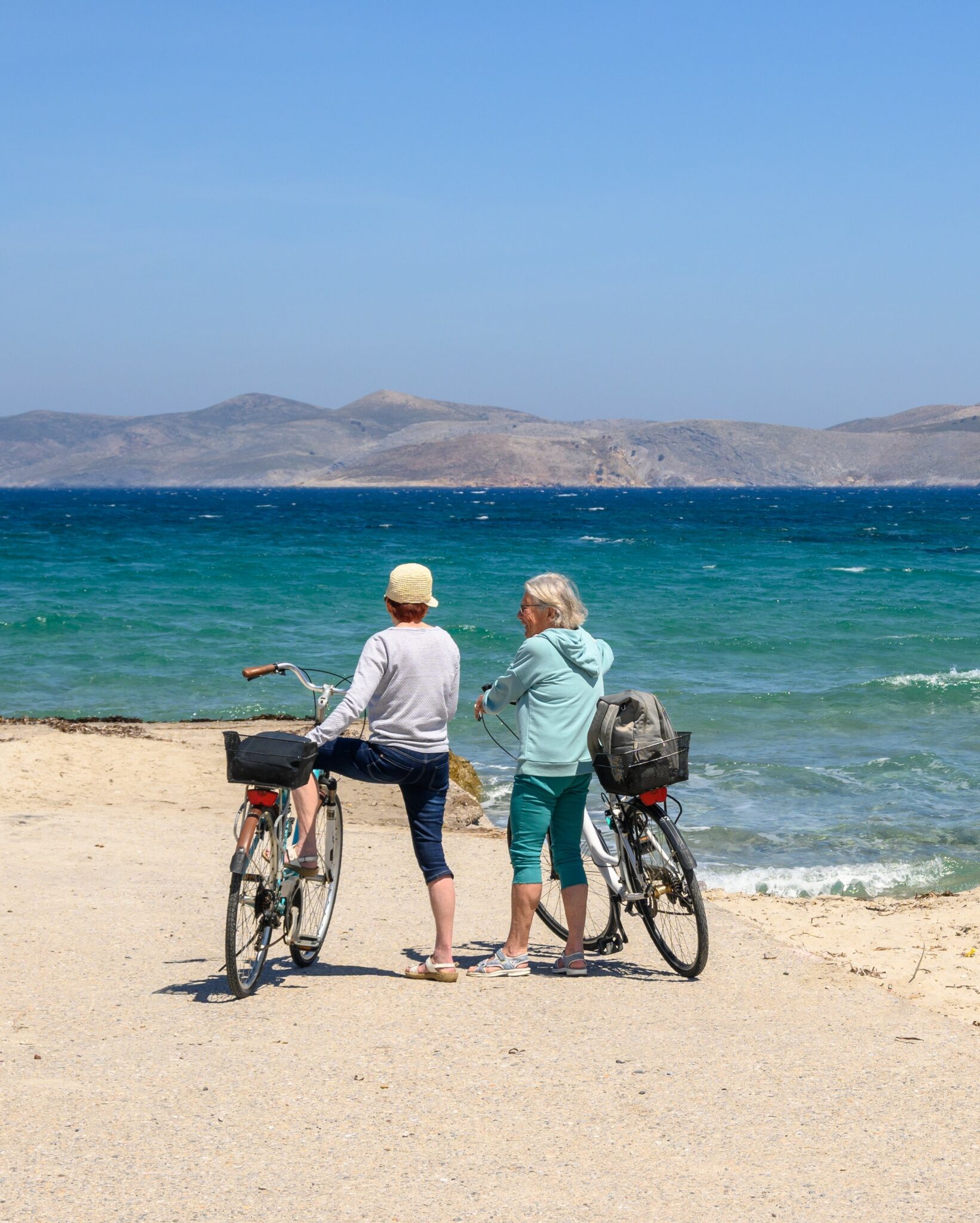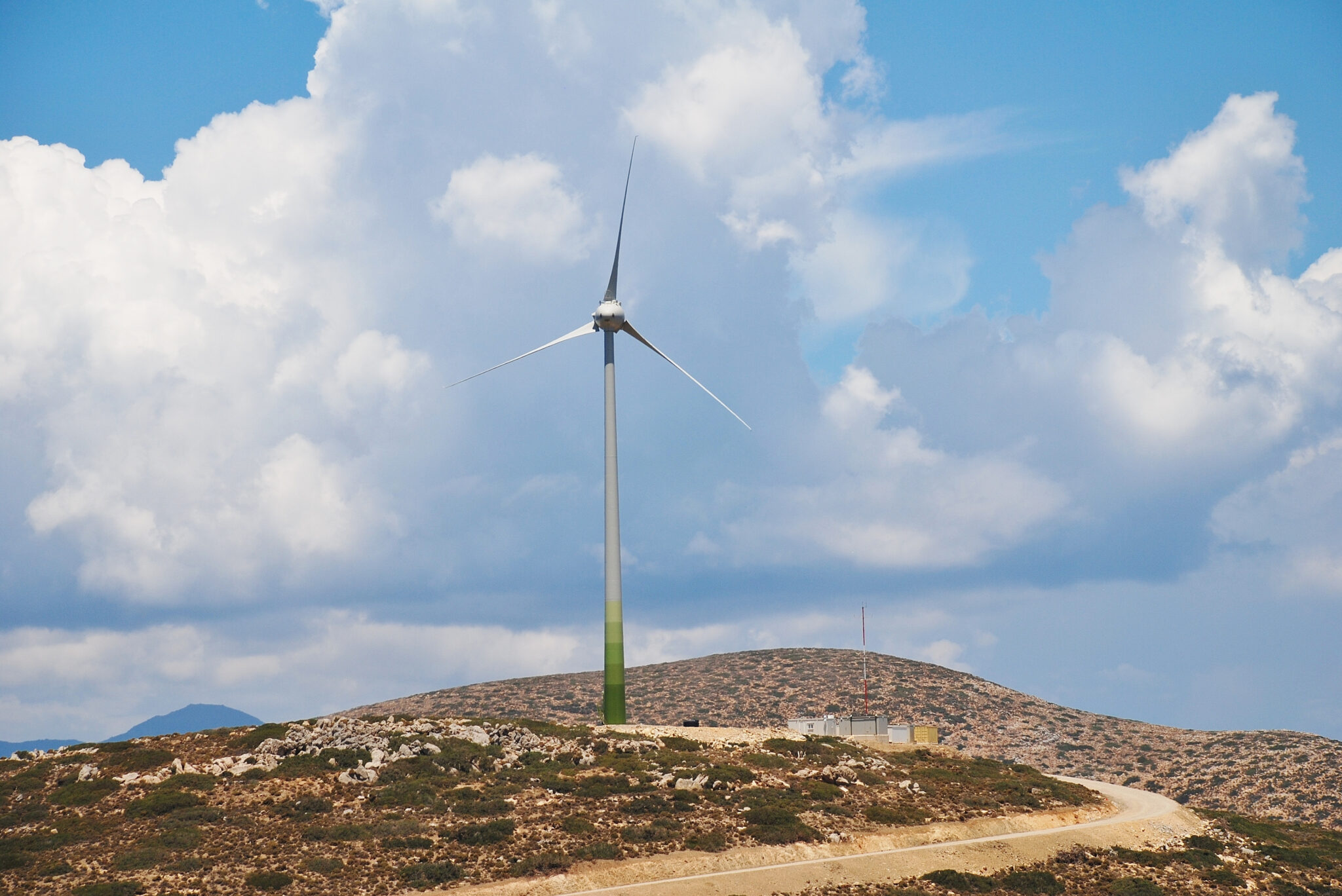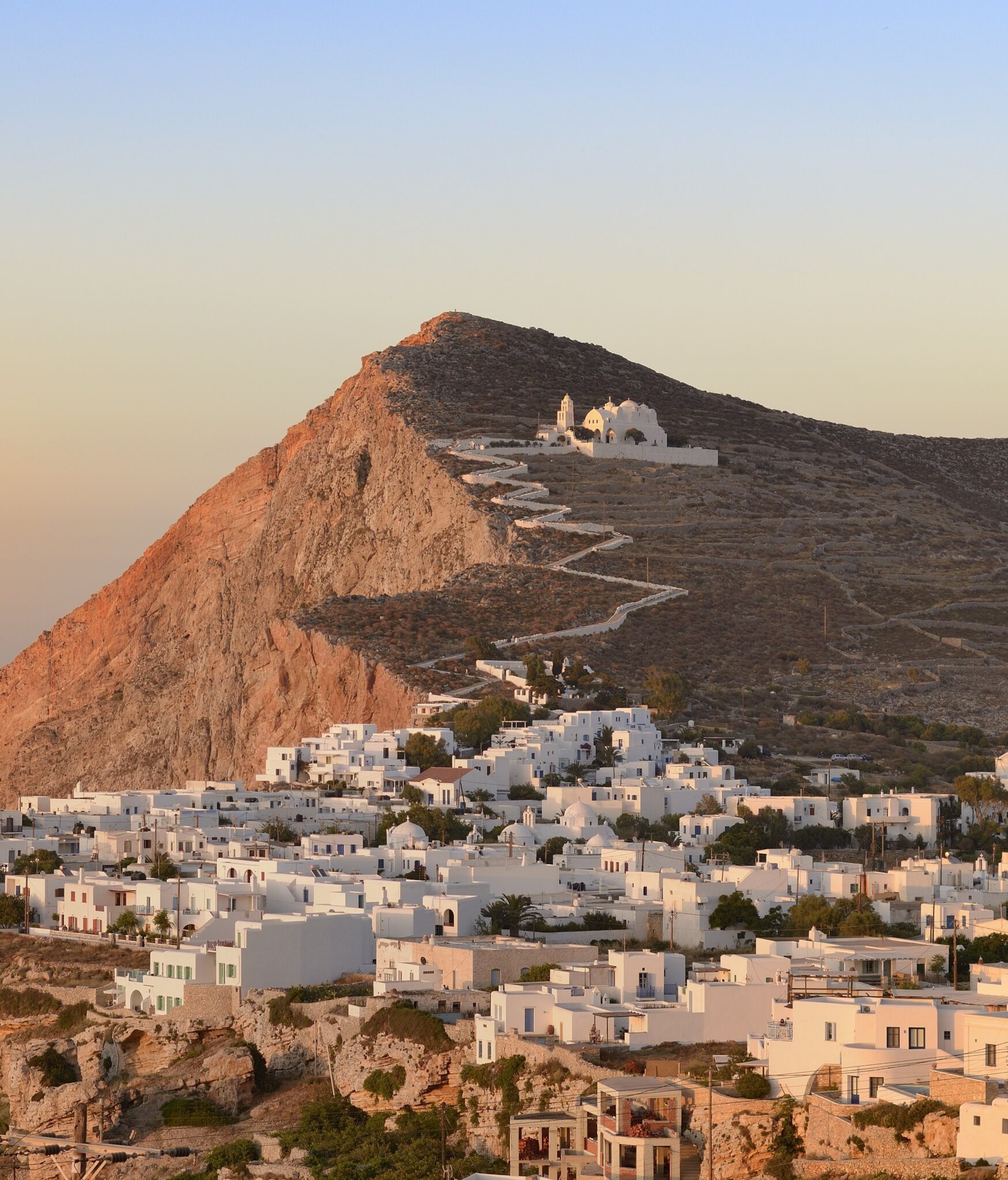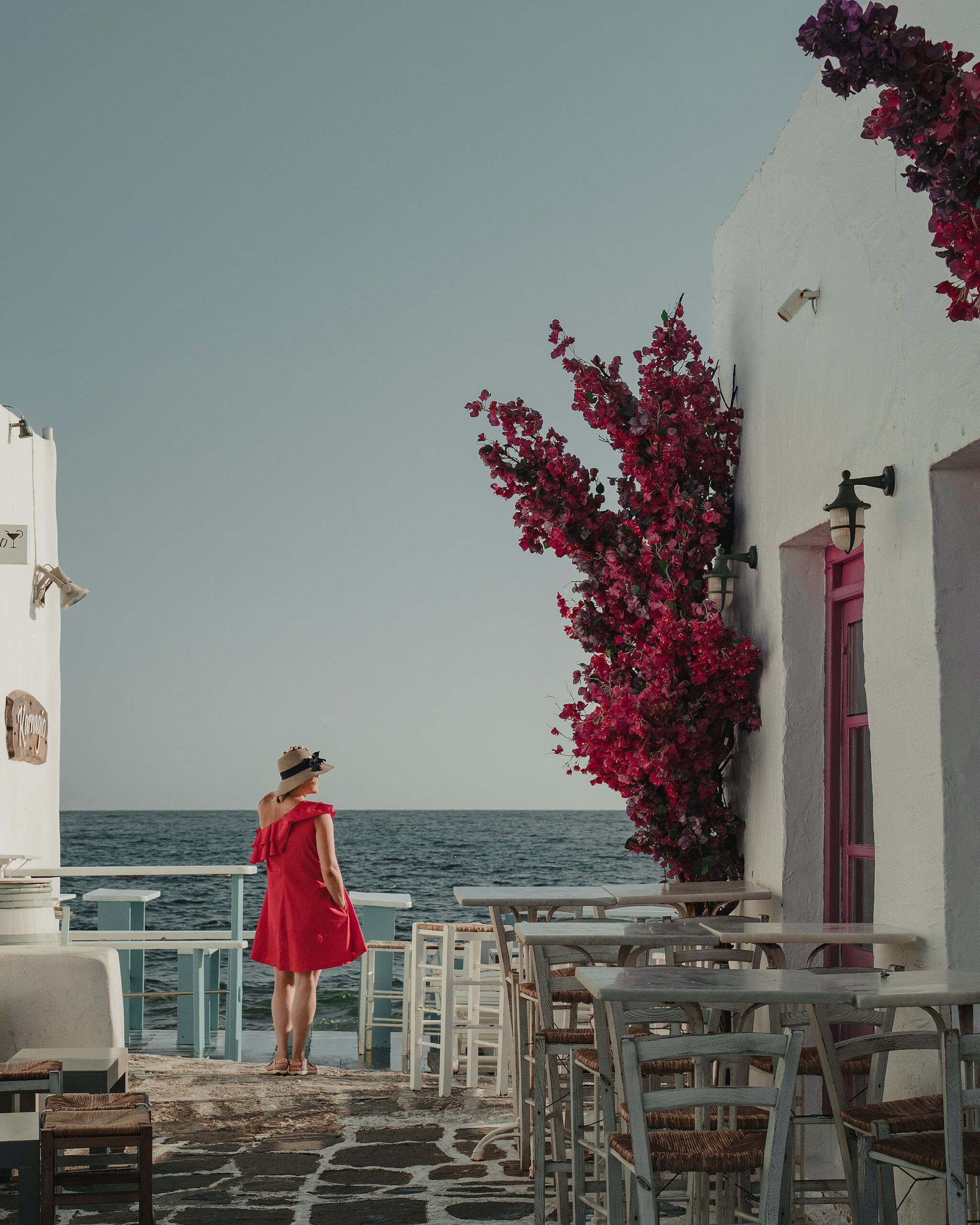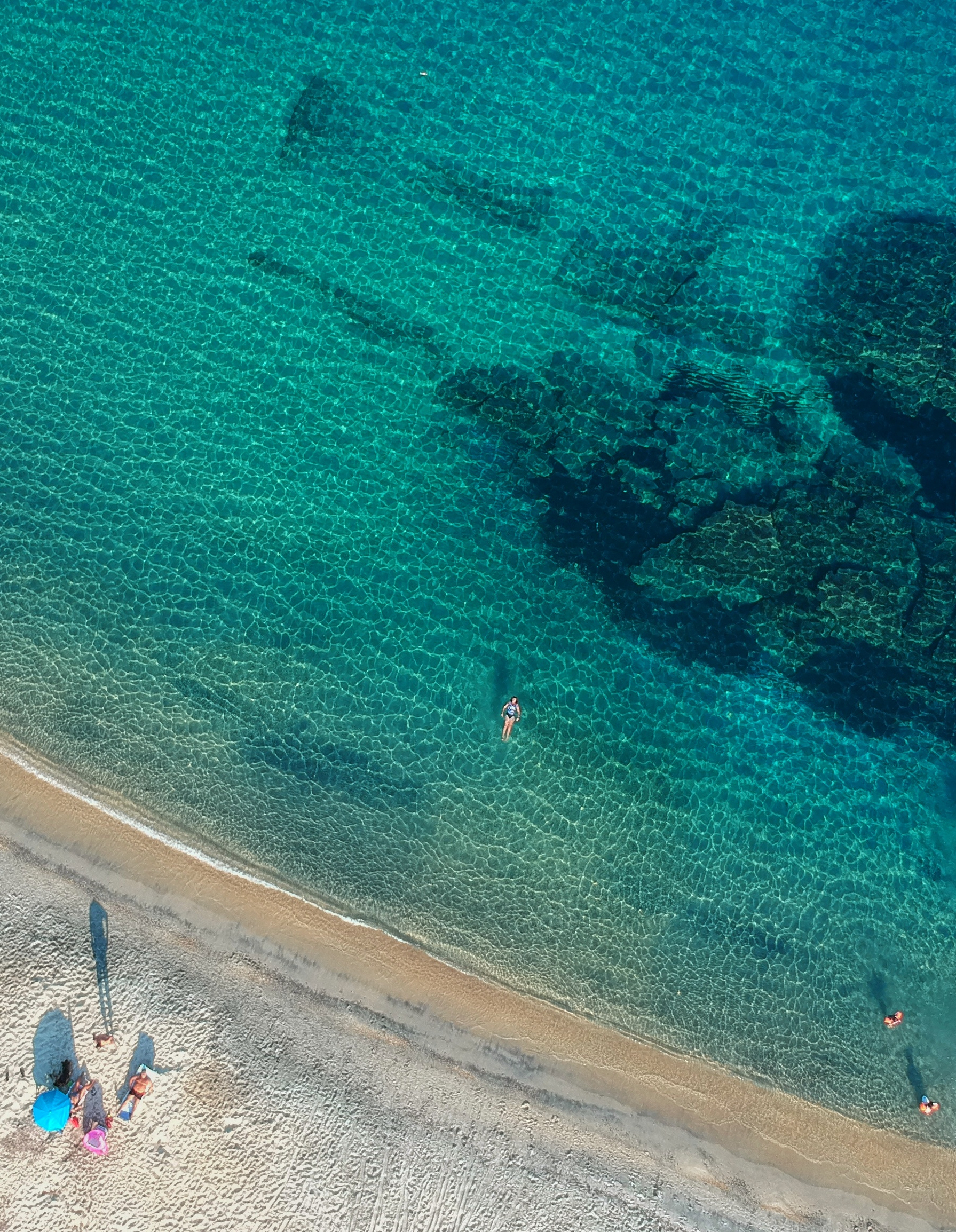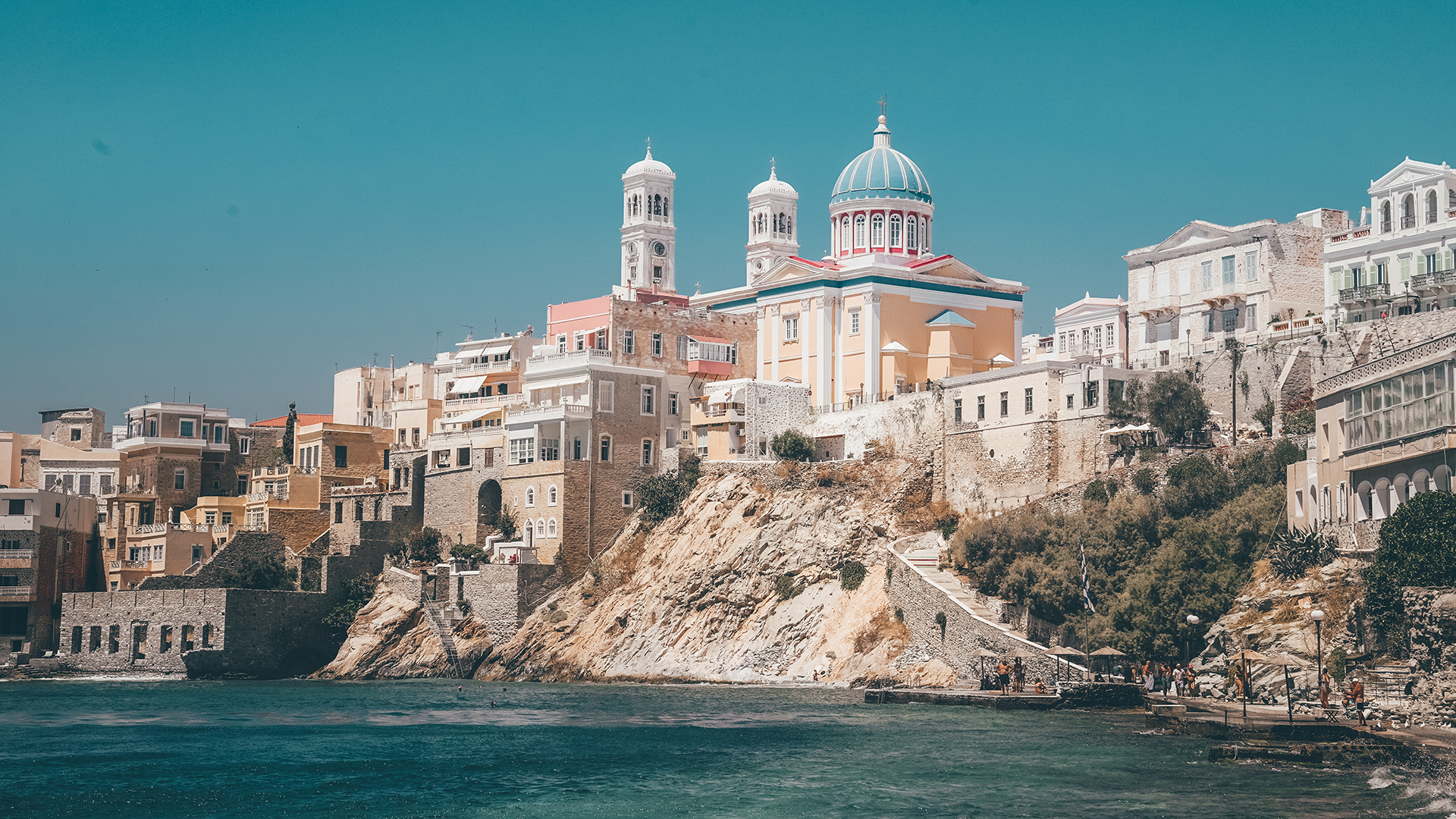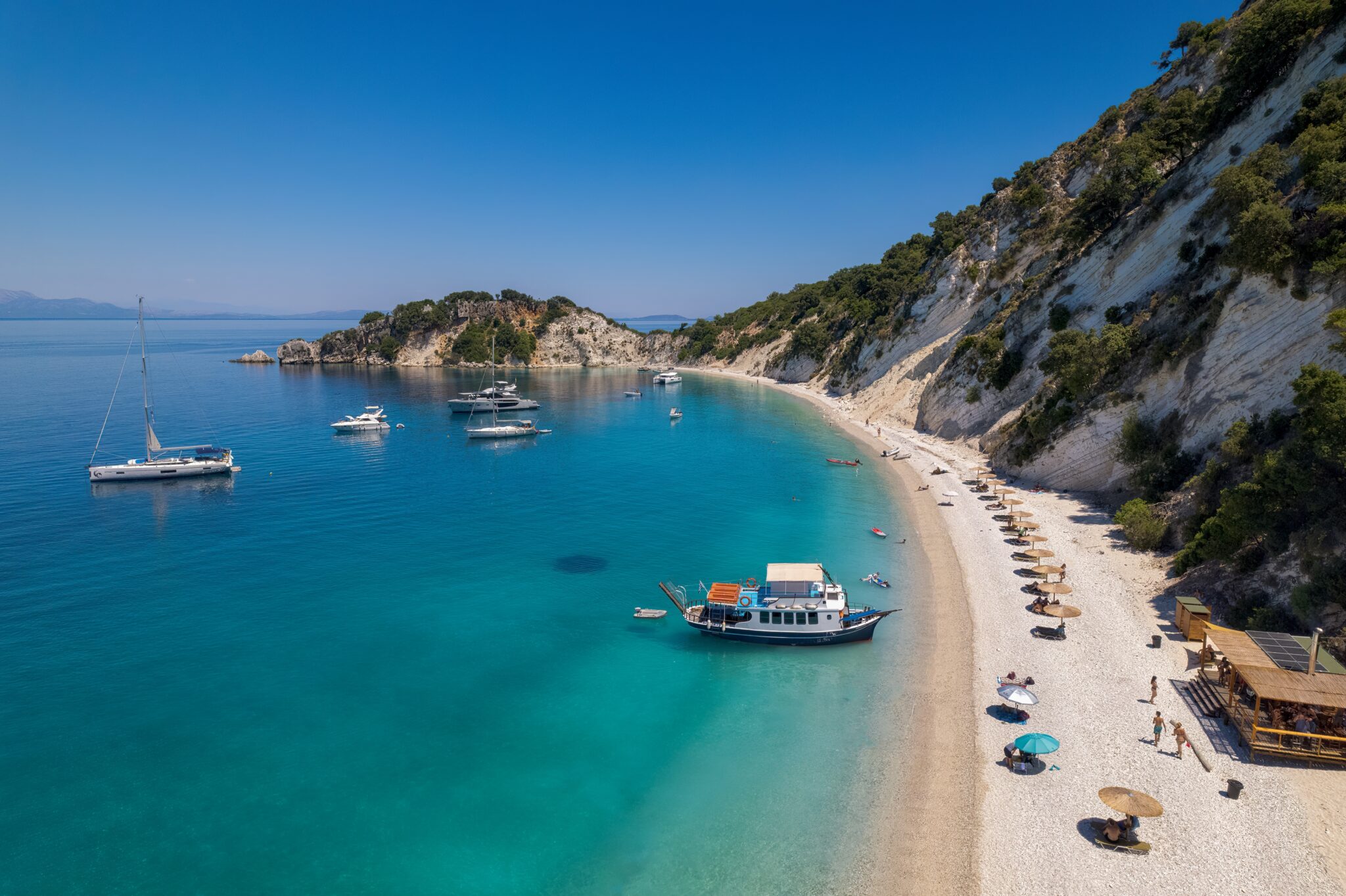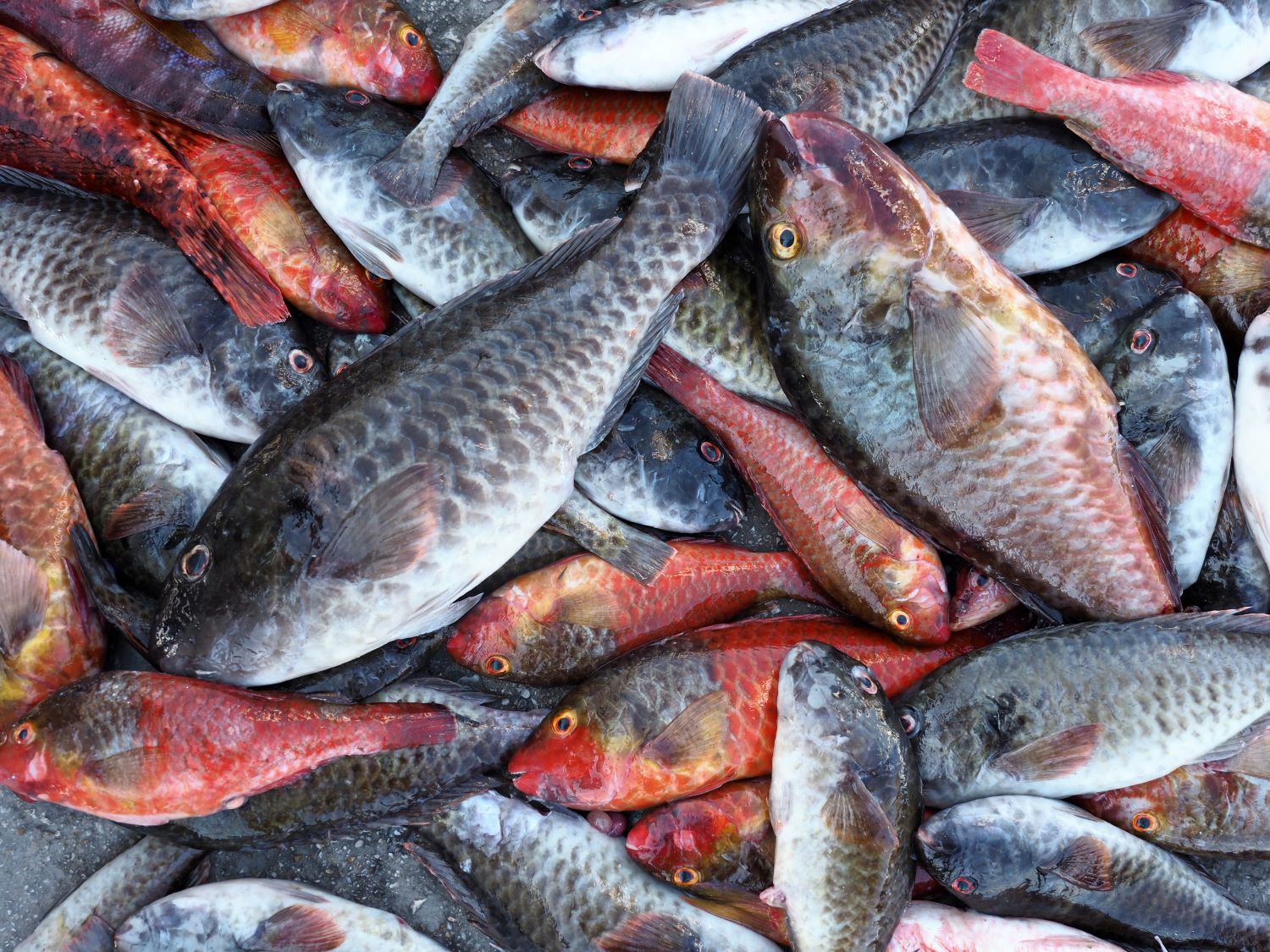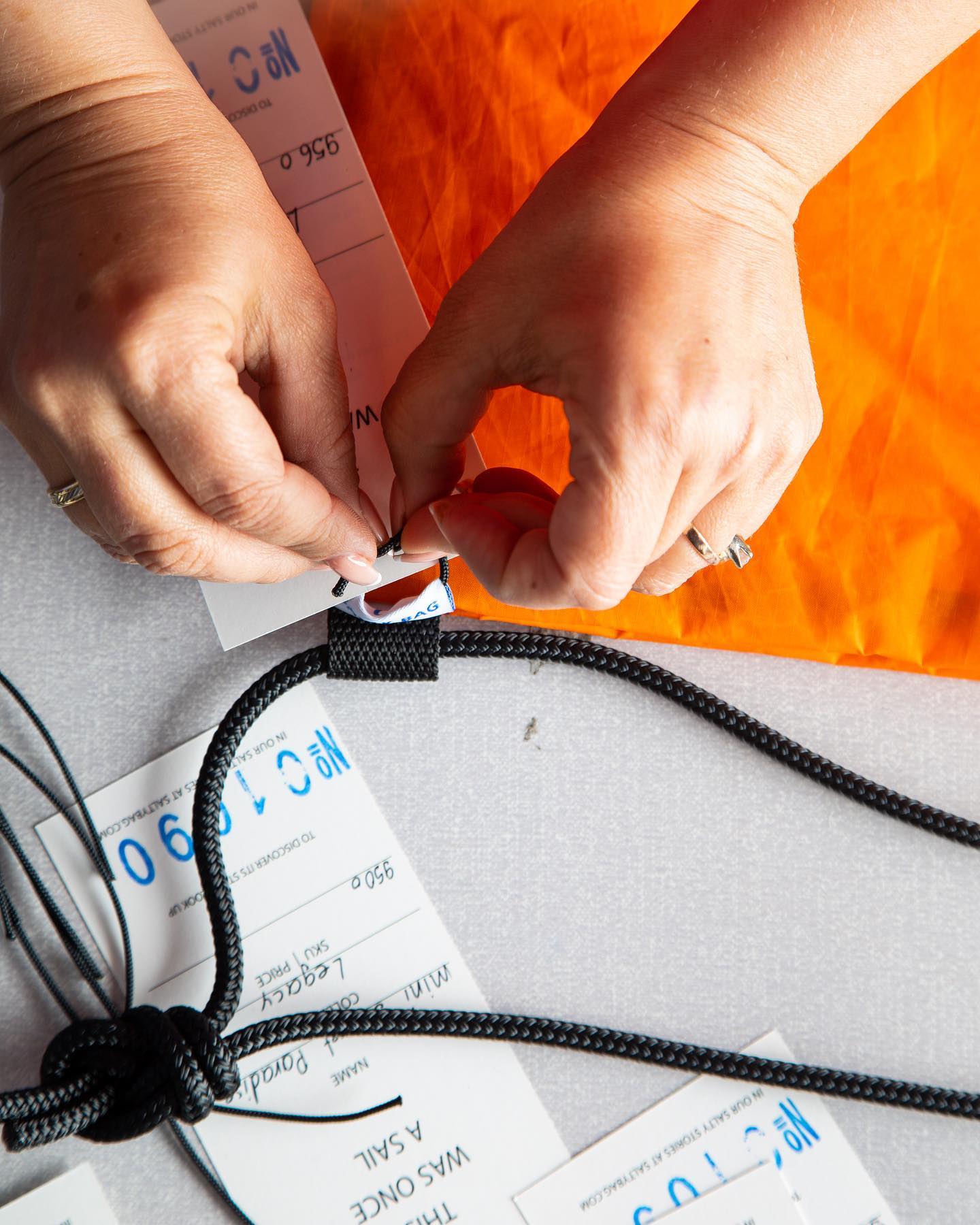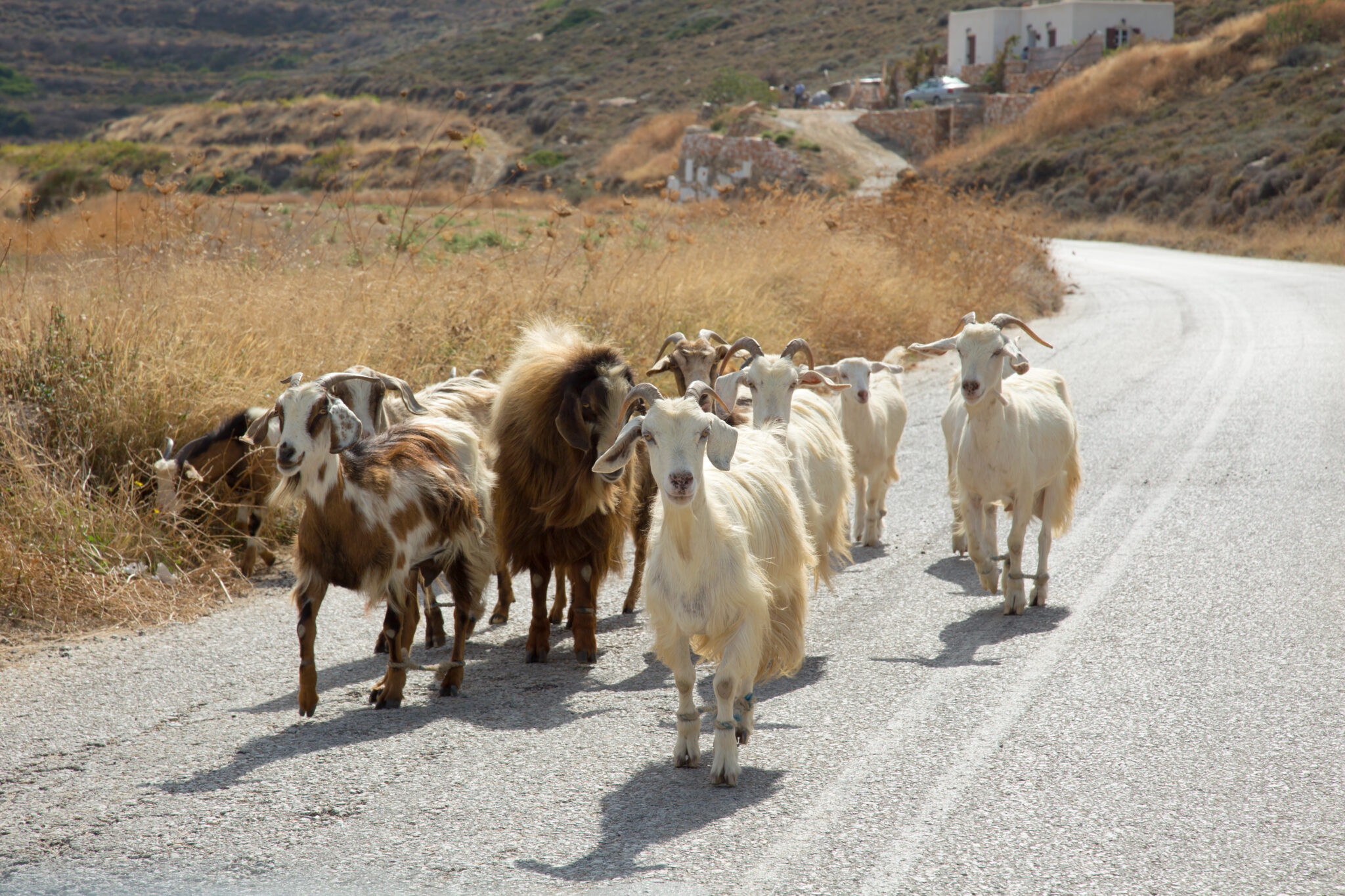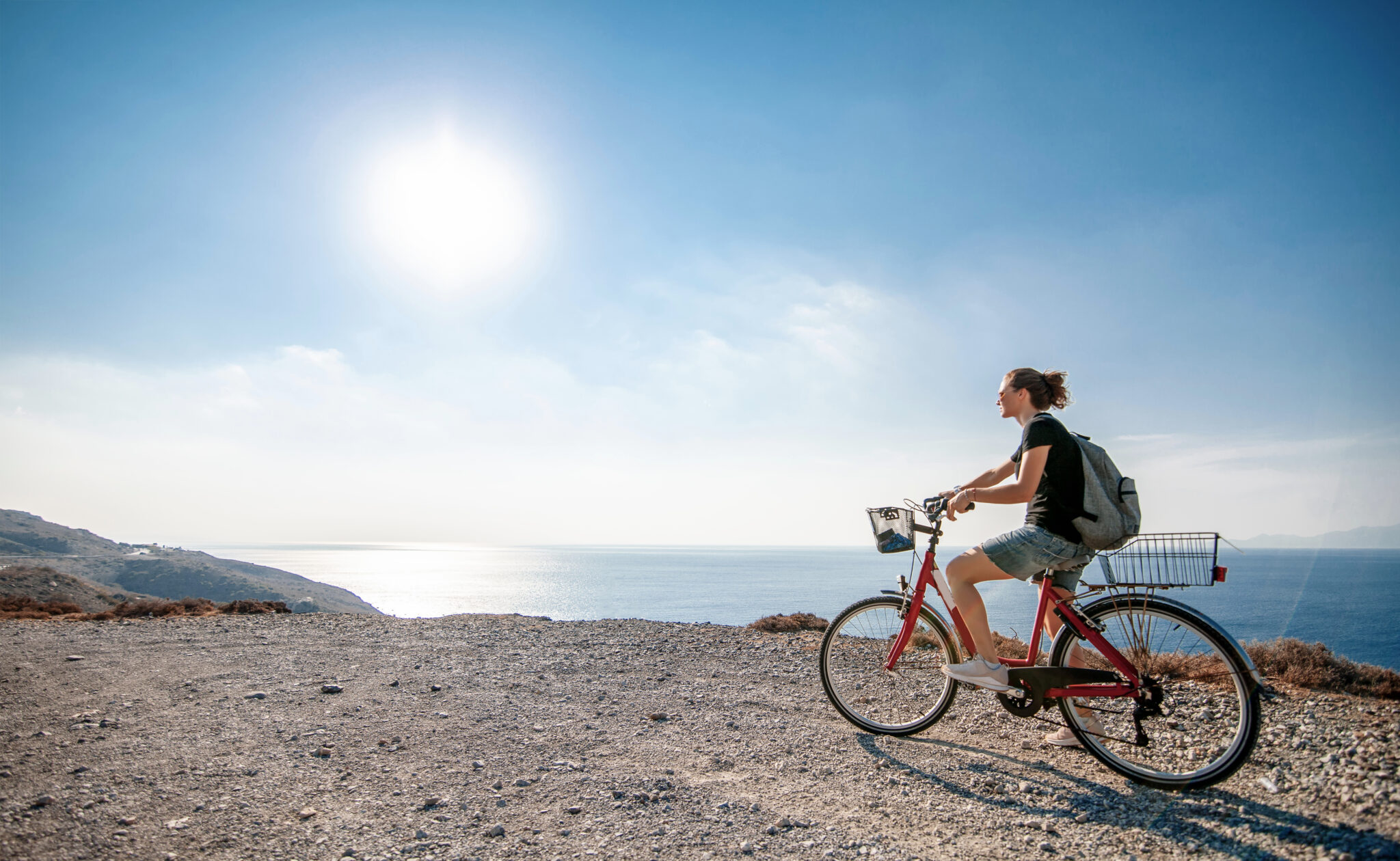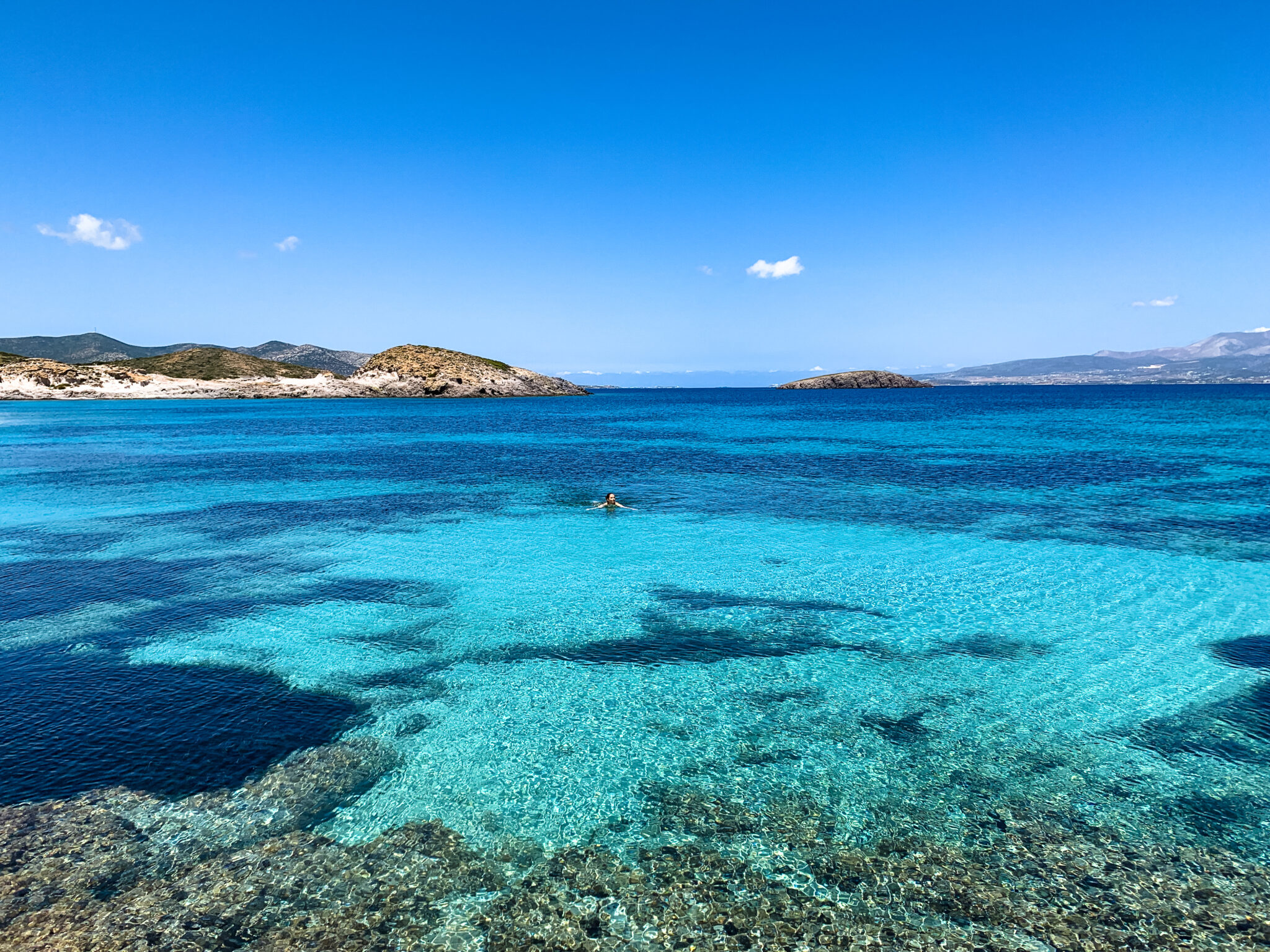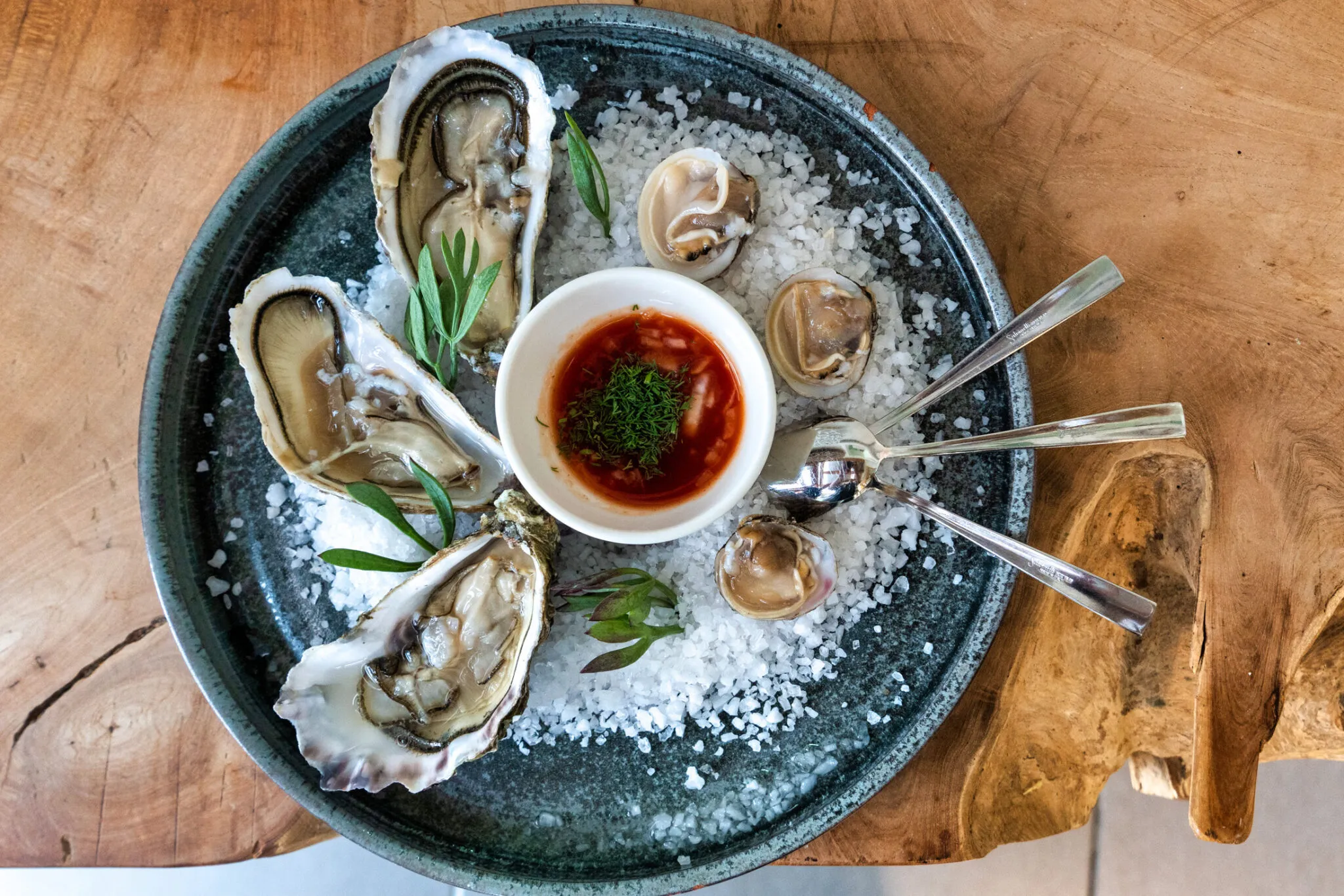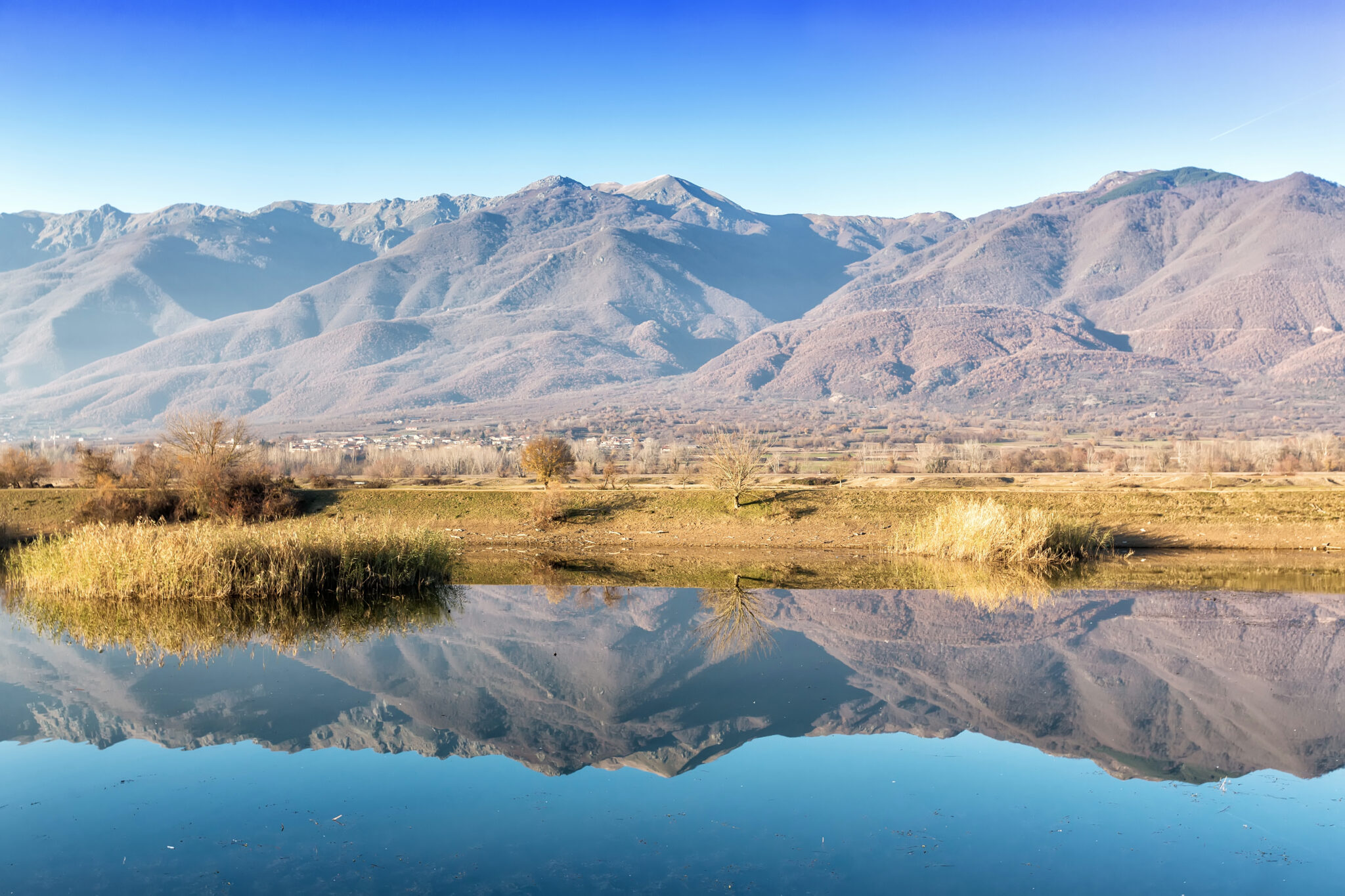The pursuit of sustainable practices is in recent years being presented as a direct path forward in the future of Greek tourism, and as something that will benefit residents and visitors alike.
Slowly but surely, more and more destinations around the country have been adopting environmentally friendly practices at a local level, paving the way for other tourist areas to follow suit.
In this context, the platform titled “Sustainable Greece,” created by the Greek Tourism Organisation in the UK, is particularly significant, as it presents to foreign visitors the optimal practices being implemented or that are underway at various destinations around the country. The amassed material showcases instances like zero plastic use, universal green energy, zero carbon emissions, and other critical sustainability matters.
Here, Travel.gr documents 10 top island destinations that are included on Greece’s roadmap towards transforming into a sustainable destination.
The Energetic Transformation of Tilos
Tilos has ventured to redefine its energy blueprint, gradually establishing itself as the Mediterranean’s first island to attain complete energy self-sufficiency, utilising solar and wind energy. Additionally, the island’s cars are now all electric, and solar collectors have been installed at bus stops to power information boards. A noteworthy development is that over 80% of Tilos’ waste is now recycled. The scarcely populated island, home to merely 500 residents, 400 varieties of flowers and herbs and numerous rare bird species, has blossomed into an ecological haven operating at the highest standards of sustainability.
The Dynamic Women of Folegandros
In Folegandros, local women’s associations are spearheading efforts to rid the island of plastic, rallying under the motto “small habits, big changes”. To herald the onset of a plastic-free era, the Cyclades Preservation Fund organised an online bazaar selling handmade clothing and raised funds for the purchase of reusable plates, glasses, and utensils. These were donated to the 16-member Federation of Women’s Associations, The Daughters of the Cyclades, who replaced the myriad of single-use plastic utensils commonly used for serving local dishes with them. Additionally, educational sessions are being planned both in Folegandros and other islands, with the goal of influencing the community and transforming the women into eco-ambassadors, fostering awareness and cultivating a cultural shift towards the elimination of single-use plastics.
Paros Renounces Plastic
The cosmopolitan island of Paros has also embarked on a journey to eradicate plastics, harbouring ambitions to become a waste-free island through the initiative “Clean Blue Paros with Common Seas”. This initiative encourages residents and visitors to consume tap water, use reusable products, take their rubbish with them, and primarily to support the 100-plus businesses in Paros that are part of the programme targeting plastic waste.
Adding a note of intrigue is the “Godparents of the Beach” initiative, where locals are urged to care for the beaches as real godparents would, by collecting and separating waste. This project fosters a personal and communal responsibility for the local environment, nurturing a protective and respectful stance towards the island’s natural beauty.
Sand, Sea, and Solar Power in Chalki
Greek islands are gradually turning green, with the small island of Chalki in the Dodecanese acting as one of the frontrunning pioneers in the mission, by hosting an ongoing green energy project aimed at ensuring that the island’s energy production is renewable.
This blueprint, a facet of the Gr-Eco Island Initiative, includes a solar park, electric cars, and a new vessel powered by solar energy. This means visitors can enjoy eco-friendly tours across the island, leaving their footprints only on the island’s sandy beaches. Simultaneously, the initiative is expected to bring lower electricity bills and upgraded telecommunications infrastructure, including 5G networks, to the residents.
Syros’ New Natural “Playground”
The Upper Meria area of Syros embodies a secluded mountainous paradise, where farmhouses cling to ancient “terraces” on the hillside, laden with the fragrances of fennel, thyme, and wild pear trees. Integrated into the Natura 2000 network, the area holds immense natural, geological, and archaeological significance, brimming with ancient sites, settlements, and the sparkling blue mineral, glauconite. The inception of the Upper Meria Geopark promises accessibility for hikers and those seeking tranquillity.
The plan encompasses the mapping, cleaning, and safeguarding of three historic trails that traverse these mythic hills, leading to sites of geological and historical significance. This mapping project is set to lay a critical foundation for the region’s certification as a UNESCO geopark.
Odysseus’ Ithaca Steers Towards Sustainability
In one of the grandest narratives ever spun, Odysseus sails back to his homeland, Ithaca, consumed by longing and anticipation. Today, this legendary island continues to magnetise sea enthusiasts, as sailing forms an enormous facet of Ithaca’s identity and that of the Ionian islands.
However, sailing harbours are a threat to marine biodiversity. To mitigate this impact without affecting the voyages, a Sustainable Sailing Alliance is being created, aimed at bolstering the sustainability of the said tourism and shield the marine environment. Under the aegis of this alliance, the congregation of specialists, recreational vessel owners, maritime authorities, and others is being planned, followed by the prospective initiation of Sustainable Sailing accreditation programmes.
An “Alien” Menu on Paxos
In Paxos, “aliens” have become part of the daily diet. The “Pick the Alien” initiative is an ingenious campaign by the marine conservation organisation iSea that is designed to motivate seafood markets, restaurants, and stores to sell and consume invasive fish species that have penetrated the local waters. The objective is to dramatically diminish their population and temper the repercussions of their proliferation on the marine ecosystems.
The initiative brings fishermen, chefs, restaurateurs, and store owners to the same table to concoct ideas to introduce these foreign species to menus and home kitchens. Visitors can also lend a hand, by opting for a dish that advocates the conservation of the seas.
Corfu Transforms Sailcloths
The maritime island of Corfu has discovered a unique way to recycle sails and parachutes through Salty Bag, an endeavour that utilises durable materials to craft bags and accessories of extraordinarily low environmental impact, embodying the principles of a circular economy, and made to last a lifetime. Created to withstand fierce winds on the oceans, sailcloth is a remarkably resilient material, making it an ideal fabric for backpacks, cases, and other products. Additionally, Salty Bag repurposes retired sails into playful accessories such as placemats and envelopes.
To secure a circular economy, Salty Bag encourages consumers to return the bags when they no longer desire them, so they can be transformed into new products. In this manner, the sails attain a perpetual life.
Happy Goat in Samothraki
Samothraki has many interesting facets, one of which, undeniably, is its goat population. Feral goats roam freely across the island, grazing unrestrainedly on the verdant land. In an effort to curb their spread, Happy Goat was created. The innovative app was designed to help farmers better understand the repercussions of their activities on both the landscape and their income.
Meanwhile, the practice of composting has served to dramatically reduce the waste that is removed from the island, all the while feeding pastures teeming with vibrant biodiversity, which serves to halt soil erosion.
Samothraki is on a mission to inject sustaible practices in various areas of its tourism market, planning ventures that include the creation of ecologically-sensitive cultural trails. By promoting community cooperatives and harnessing the utmost potential of its natural and cultural activities – such as hiking, cycling, diving and more – it is paving the way towards nurturing a harmonious communion with its intrinsic natural beauty and cultural depth.
The Bicycles of Kos
Known colloquially as the “bicycle island,” Kos is the quintessential locale for two-wheeled exploration. Boasting a splendid level terrain, a network of trails catering to all skill levels, breathtaking landscapes, and an availability of about 6,500 rental bicycles, the island naturally lends itself to exhilarating cycling adventures and journeys.
This mode of transport guarantees zero emissions, thus limiting the island’s pollution and safeguarding its pristine environment.
Initiatives are also underway to foster a National Coordination Centre for EuroVelo, aimed at establishing cycling tourism across Greece and establishing a culture where tourism melds seamlessly with environmental stewardship and vibrant outdoor experiences.



